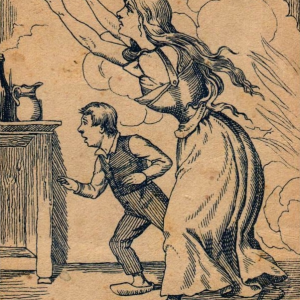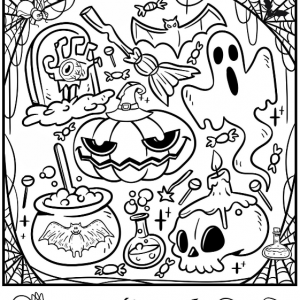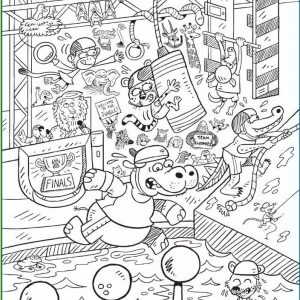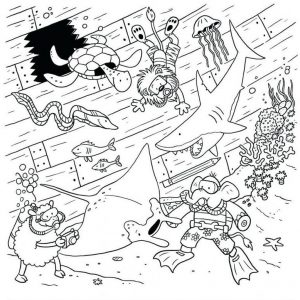Busy Squirrel Gardener: A Whimsical Take on Urban Wildlife Gardening
Meet the Nutty Nurseryman
Have you ever strolled through your backyard and wished a friendly face greeted you—perhaps a chubby-cheeked squirrel sporting a baseball cap and wielding a tiny shovel? Our charming illustration captures just that: a diligent squirrel, peat-laden cart in tow, carefully tending to a sapling amid lush foliage. It’s the perfect blend of whimsy and gardening inspiration. In this article, we’ll dig into what makes urban wildlife gardening so delightful, explore peat alternatives, share squirrel-friendly landscaping tips, and celebrate the joys of creating green spaces that welcome our furry neighbors.
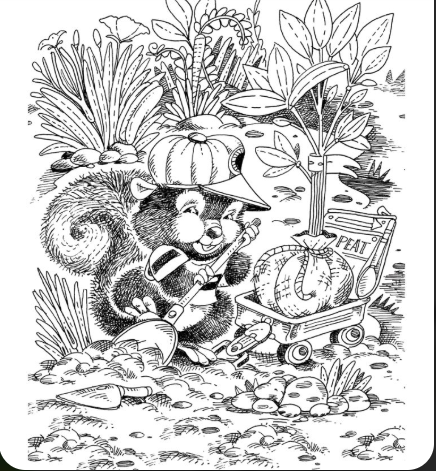
Why Urban Wildlife Gardening Matters
City living often feels like concrete jungles ruled by traffic and high-rises. But when we carve out little corners of greenery—flower beds, raised planters, or potted trees—we spark a ripple effect of benefits:
- Biodiversity Boost: Native plants attract pollinators, songbirds, and yes, the occasional squirrel gardener eager to bury acorns among your tulips.
- Mental Well-Being: Studies show that tending soil and watching tiny blossoms unfurl reduces stress and lifts your mood—just like a squirrel’s infectious grin.
- Climate Mitigation: Urban flora filters dust, lowers temperatures, and absorbs carbon, one leaf at a time.
Isn’t it amazing how a patch of green can transform both our neighborhoods and daily outlook?
The Great Peat Debate: Sustainable Soil Solutions
In our picture, the squirrel’s cart bears a bag labeled “PEAT.” While peat moss is revered for moisture retention and acidity control, harvesting it damages fragile bog ecosystems. Thankfully, eco-conscious gardeners have options:
- Coconut Coir: This byproduct of the coconut industry mimics peat’s water-holding prowess, plus it’s renewable.
- Compost and Leaf Mold: Repurpose kitchen scraps and autumn leaves into rich humus that feeds plants and earthworms alike.
- Rice Hulls & Wood Fiber: These lightweight amendments improve drainage and aeration, perfect for container gardens.
Next time you fill your wheelbarrow, consider giving peat a day off—your plants and the planet will thank you.
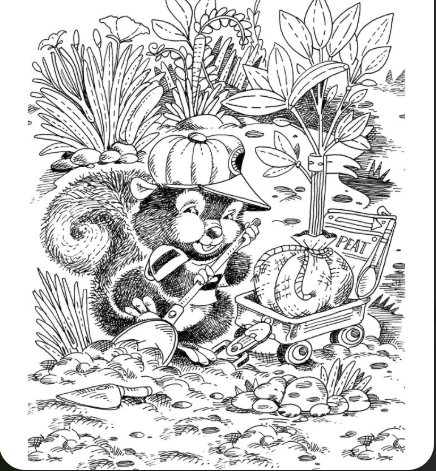
Creating a Squirrel-Friendly Garden
Why not roll out the welcome mat for our bushy-tailed friends? With a few tweaks, your garden can become a squirrel’s playground without sacrificing your prize peonies:
- Native Nut-Producing Trees: Oaks, hickories, and beech trees feed squirrels naturally while providing dappled shade for understory plants.
- Low-Barred Seating Areas: Instead of discouraging squirrels, offer human seating away from bird feeders—let squirrels have first crack at easy snacks on the ground.
- Raised Planters with Protection: Plant delicate seedlings in raised beds with removable mesh covers, keeping squirrels from uprooting tender shoots.
- Seasonal Water Stations: A shallow basin with clean water invites birds and small mammals to sip—and rewards you with the joyous chatter of wildlife.
By designing with critters in mind, you cultivate a dynamic ecosystem where both florals and fauna flourish.
Tools of the Tiny Trade: Micro-Gardening Gear
Our industrious squirrel brandishes a pint-size shovel—proof that big projects can start with small tools. For your own micro-gardening adventures, consider:
- Mini Trowels & Hand Forks: Perfect for potting herbs or planting succulents in decorative containers.
- Precision Pruners: Keep bonsai or compact shrubs neatly trimmed without straining your wrists.
- Seedling Trays & Heat Mats: Jump-start your seedlings indoors before transplanting under a squirrel’s watchful gaze.
- Decorative Wagons & Carts: If you really want to mirror our squirrel pal, haul small compost bags or potted plants in a whimsical, child-size cart.
Equipping yourself with the right gear makes every gardening session feel like a small, joyful expedition.

Plant Picks for Year-Round Interest
A squirrel’s calendar revolves around acorn season, but your garden can dazzle in every season with thoughtful plant selections:
- Spring Bloomers: Tulips, daffodils, and cherry blossoms paint crisp pastels. Watch as our squirrel cheers on each new bud.
- Summer Pollinator Magnets: Lavender, coneflowers, and salvia keep bees busy and bring bursts of purple, pink, and red.
- Autumn Edibles: Pumpkin vines, ornamental peppers, and late-bloom sedums extend color and provide nuts or seeds for hungry wildlife.
- Winter Wonders: Evergreen hollies, snowdrops, and hellebores break the frost monotony—imagine that squirrel scavenging berries against a white backdrop.
A living palette ensures your garden remains an ever-changing show that keeps both you and curious critters coming back.

The Joy of Shared Harvests
Gardening isn’t just about blooms; it’s about bounty. Whether you grow herbs, veggies, or fruit trees, sharing the harvest strengthens community ties—and sometimes, neighborhood squirrels join the potluck. Try these crowd-pleasers:
- Container Herb Gardens: Basil, thyme, and rosemary by the kitchen door for impromptu cooking sessions.
- Tomato Towers: Vertical planters yield juicier, pest-free fruits for fresh salsa or bruschetta.
- Berry Bush Hedges: Blueberries and raspberries offer sweet treats for you and wildlife alike—just leave a few for your squirrel pal.
Offering nature’s abundance to friends—human or furry—creates bonds that go beyond the backyard fence.
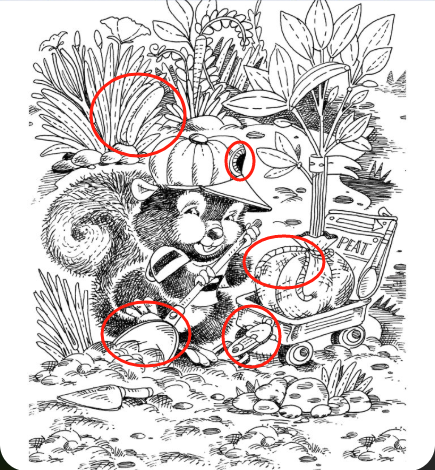
Conclusion: Cultivating Whimsy and Wellness
Our cap-wearing squirrel, shovel in paw, reminds us that gardening is as much about joy and wonder as it is about soil and seedlings. By embracing sustainable soil alternatives, designing wildlife-friendly layouts, equipping ourselves with the right tools, and planting for year-round beauty, we create outdoor spaces that nurture both plants and playful creatures. So grab your trowel, clear a corner for that sapling, and perhaps leave a sunflower seed or two for your industrious neighbor. In blending whimsy with eco-conscious practices, we cultivate gardens that bloom—inside and out.
